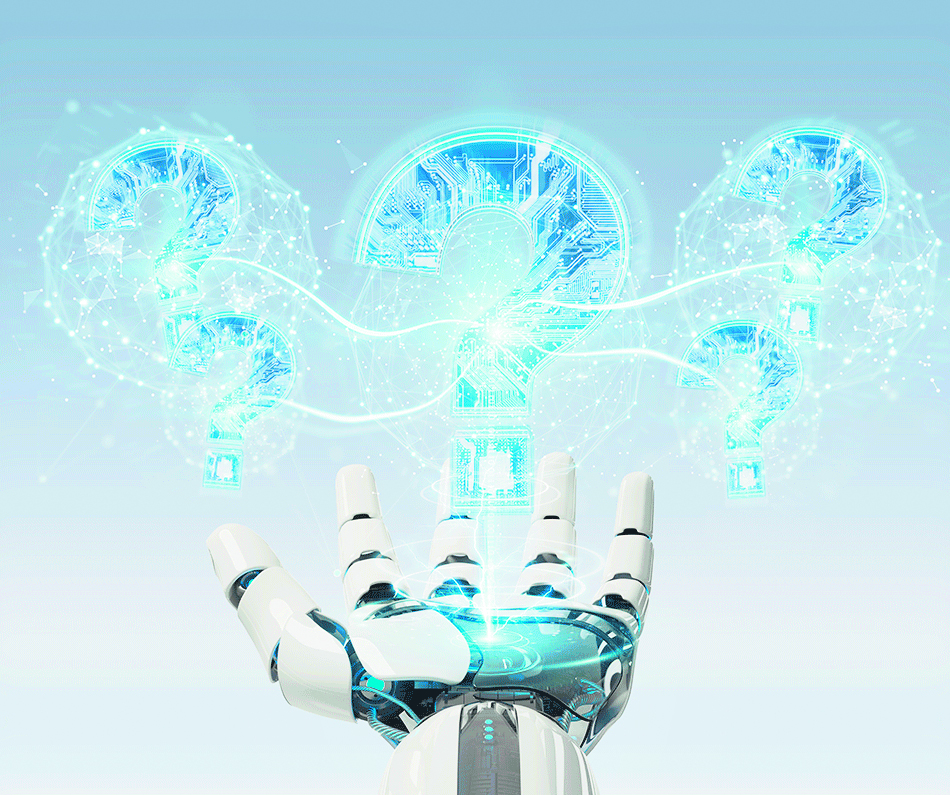In today’s rapidly evolving job market, artificial intelligence (AI) tools are transforming recruitment processes across various industries. These AI-driven tools, including generative AI (GenAI), are becoming indispensable in candidate sourcing, resume screening, skills assessment, predictive analytics, and bias reduction. Increasingly, companies are using AI in Recruitment to handle much of the hiring process, with human involvement often beginning only at the interview stage. In some cases, GenAI bots even assist managers in conducting interviews.
Enhanced Efficiency and Speed
AI in Recruitment tools are proving to be highly effective in making the hiring process more efficient and faster. Genpact, a professional services firm, recently introduced IMatch, an in-house resume parsing and job-matching engine powered by GenAI. Ritu Bhatia, Genpact’s global hiring leader, reported that AI tools now cover 40% of their new hires, making the process “touchless” up to the interview stage. This shift has led to a 15% increase in recruiter productivity and a reduction in the time to hire from 62 days to 43 days.
Data-Driven Insights for Strategic Hiring
By analyzing historical data, market trends, and internal talent metrics, AI tools provide valuable insights into emerging skill demands and talent availability. This information enables companies to develop effective recruitment strategies that address both current and future talent needs.
Simplilearn, an edtech company, has been utilizing ChatGPT and other AI tools for over a year to streamline job descriptions, develop proficiency assessments, and administer psychometric tests. According to Archana Krishna, the company’s chief HR officer, “This enables us to reduce time on mundane tasks and improve productivity and efficiency.”
Personalized Recruitment Processes
Rajesh Bharatiya, the CEO of Peoplefy, a recruitment services provider, highlighted the personalization capabilities of GenAI-based tools. These tools can send recruitment mass mailers tailored to each candidate’s unique experiences and background, a task that would take 10 times longer to customize manually.
Improved Hiring Efficiencies
Welspun Enterprises, an infrastructure development company, employs a GenAI bot to assist executives in conducting interviews. Rajesh Jain, the company’s chief HR officer, noted a significant improvement in hiring efficiencies. “Before using the GenAI bot for interviewing, our selection ratio was 15%. Now, this rate has increased to 55%, a 40% jump in my selection rate overnight,” he emphasized.
Balancing Benefits and Concerns
Despite the numerous advantages, experts caution about potential drawbacks of using AI in hiring practices. Ethical considerations surrounding data privacy, algorithmic transparency, and the potential for discrimination remain significant concerns. Additionally, AI may lack the ability to evaluate soft skills, amplify biases, and identify hidden potential in candidates.
As companies continue to navigate these challenges, the integration of AI tools in recruitment processes appears to be a growing trend, promising enhanced efficiency and strategic hiring while requiring ongoing scrutiny to address ethical and practical concerns.







